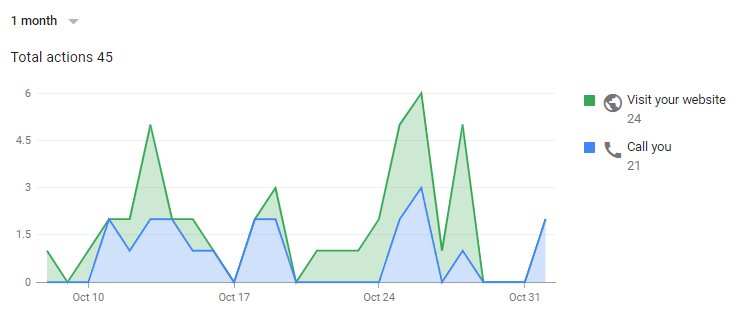There are so many variables that contribute to the success of a landscaping business that it’s difficult to know where to begin. Those trying to maximize on-the-job productivity may choose to examine their mowing and landscape team sizes more closely. While crew size is only one facet of an operation, with the potential to affect everything from route density to equipment required on a task, mowing crew size has a tremendous ripple effect that can benefit or hurt your bottom line.
One Man Lawn Mowing Crew
Almost universally, one-man crews are the most efficient. A single man working alone is always busy and experiences the fewest interruptions. Is this to say that we should all be using one-man mowing crews on a constant basis?
One-man crews might be useful in emergency situations, they should not be relied upon to run a business.
Downsides of one-man mowing crews
When we work in teams, we improve one another. Two-man crews are more sustainable and thus more productive over time, for the following reasons:
- Members of a team can keep one another accountable.
- Routes will not disintegrate if a single person calls in sick.
- Team members will have a better sense of purpose and are more likely to stay with you for an extended period of time.
- The majority of jobs give enough labor for two persons to work concurrently.
- There is one significant exception to consider: if you are the owner and are out in the field, you will be significantly more motivated to complete the job. That means you will constantly operate at a higher degree of efficiency than your employees. If you’re not ready to retire from the field completely, or if you’re overloaded with work following a rainy week, you can work quite efficiently alone.
Two Man Mowing Crew
That would be fantastic in an ideal world, but finding a solo employee who will work as diligently as you do as the owner is a bit more difficult. Human psychology dictates that a single employee will be less effective than if they are accompanied by another person. The second person assists in holding them accountable without it being a topic of discussion. I believe you will discover that they just will not work as hard as you do and that production and quality will certainly suffer as a result. If you can find employees who work as diligently as you do, it is the best option.
Which one is better?
Fear of a smaller team not being able to do the job as quickly as a larger one is the main reason most companies use larger crews. There’s no denying that larger crews mean less responsibility for each employee. That doesn’t imply that staff isn’t putting in the time. On large crews, the men are likely to be working hard. However, it is most likely that they aren’t putting in as much effort as they could be.
On the other hand, it makes perfect sense why smaller crews, and perhaps single-man crews, can be extremely productive on smaller properties. However, what about huge jobs requiring 25 to 30 man-hours? Perhaps you can gang up on such properties with numerous small crews.
In the end, it’s you who need to make the final decision.

